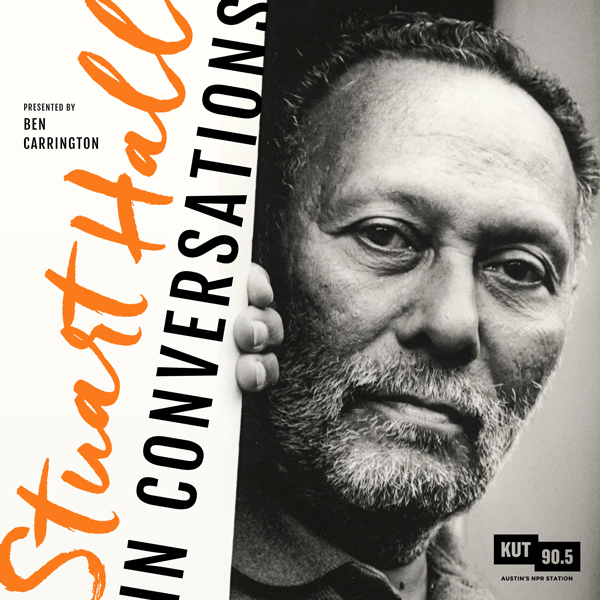In her interview with University of Texas Professor Ben Carrington, Guardian columnist Suzanne Moore reflects on her experience with Stuart Hall while she wrote for Marxism Today, a British political magazine published under the editorship of Martin Jacques from 1977–1991.
Moore explains that she came to the magazine having completed a cultural studies degree but was dissatisfied with the narrow reach of academia. Through her experience with Stuart Hall, who also wrote for the magazine, she was able to see first-hand his ability to connect the social, political and economic. Most notably, she points to Hall’s analysis of Thatcherism as an ideological project he termed “authoritarian populism.”
As an “absolutely engaged” intellectual who “didn’t just sit there with books,” Hall’s influence on Marxism Today made it both a supportive environment but also not an easy place to work. It was a “way of life,” she states. Despite that her interests around “feminism came second place sometimes,” Hall inspired her with his genuine ability to include people and his quiet support without being a domineering presence.
Moore notes Hall’s ability to reach a wide range of people who didn’t fit into certain categories because he was an engaged intellectual who “had hinterland to spare.”
Moore further states that while Stuart’s work was located in a particular time and place, the bigger analysis holds up now. This is especially true of Policing the Crisis in relation to police brutality in America. Given his core principles around inequality and dispossession he would also have much to add to the discussion around the Syrian refugee crisis, as he “always understood people who didn’t have a place.”
What Hall leaves behind for Moore is both “a little bit of sadness and loss” but also “the ability to point you in a new direction.”
-Maggie Tate





